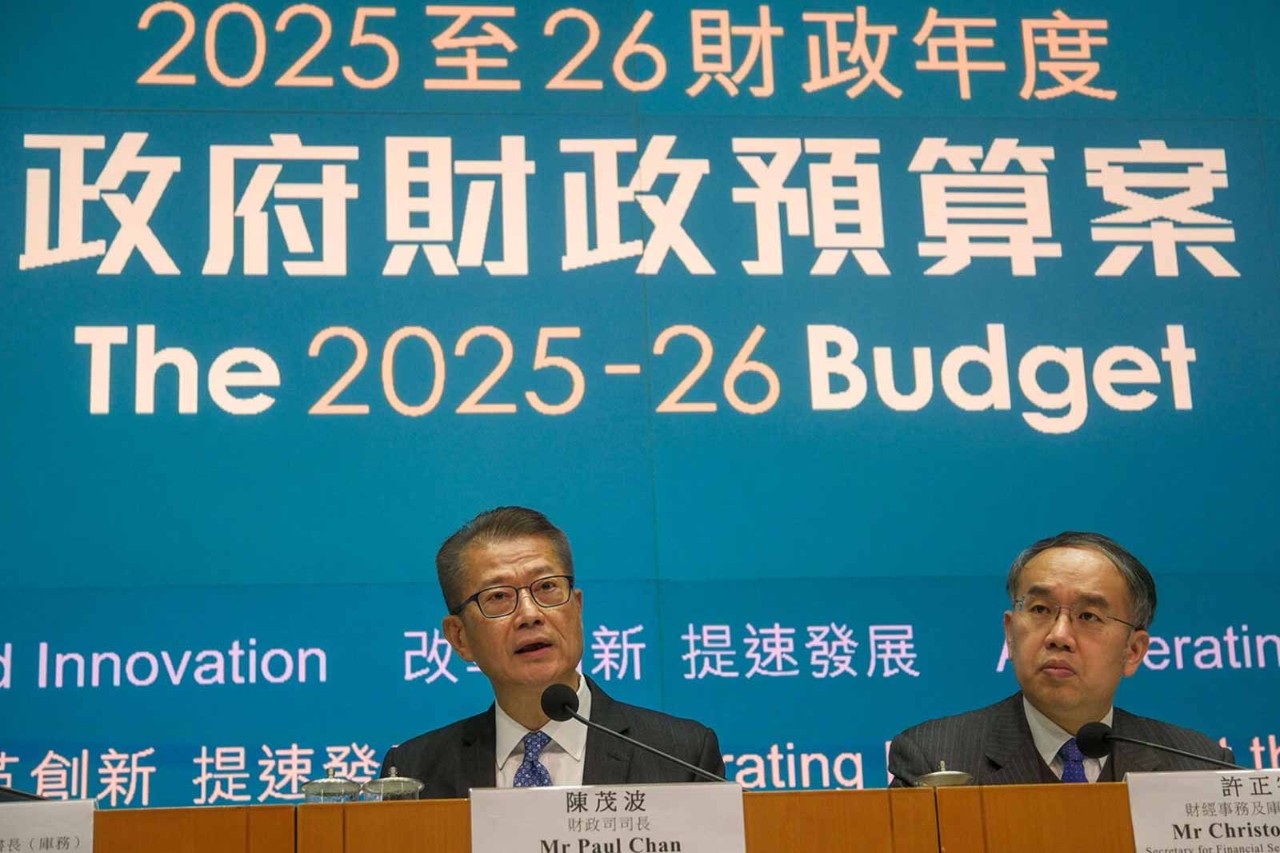
Financial literacy is highly focused on personal finance. Because financial literacy is meant to help people build their financial resilience and financial wellbeing, it revolves around financial products and services, budgeting, saving, investing, debt management, retirement planning and insurance.
According to the Organisation for Economic Cooperation and Development, financial literacy is a ‘combination of financial awareness, knowledge, skills, attitudes and behaviours necessary to make sound financial decisions and ultimately achieve individual financial wellbeing’. The European Union keeps it short with this definition: ‘Financial literacy means the knowledge and skills needed to make important financial decisions.’
However, the state of our financial affairs is not solely the result of what we do with our own money. The mismanagement of a country or a company can suddenly make us poorer. Economic forces sometimes hit us in unpredictable and excruciating ways. Despite the underlying good intentions, government policies and actions in the finance sector and the capital market have been costly for certain stakeholders.
The knowledge gap can be exploited to downplay or cover up financial crimes
Corruption’s impact
It’s time to consider widening the scope of financial literacy. In particular, it should be acknowledged that financial wellbeing is also linked to the fight against corruption and corporate malfeasance.
There is no doubt that corrupt practices and white-collar crimes have a broad financial impact. The abuse of public funds lowers the cost-effectiveness of government services and puts a strain on fiscal sustainability. In extreme cases, it causes economic hardship that drags down entire nations. Mismanagement and fraud in large companies often spark capital market upheavals, with investors suffering substantial losses, more so if businesses collapse.
Financial literacy should not be limited to matters of personal finance
Financial literacy empowers people by providing them with an understanding of basic financial concepts so that they can make informed decisions. These concepts should not be limited to matters of personal finance. Why not incorporate elements of macroeconomic management (especially fiscal policy), high finance and governance?
Such knowledge improves the ability to recognise the nature of corruption and corporate malfeasance, and to realise the financial impact of wrongdoing on the person in the street.
Knowledge gap
There is a need to overhaul the public mindset on financial scandals. Yes, there is plenty of chatter whenever allegations surface about corruption or corporate fraud, but the conversations tend to be imprecise and weary, usually ending in resigned shrugs.
The lack of outrage and the failure to push for lasting change is the result of many people being unable to properly grasp how money is stolen and the extent of the damage done.
This knowledge gap can be exploited to downplay or cover up crimes. The more complex the wrongdoing, the easier it is to craft a false narrative and mislead people. Is it any wonder that would-be crooks believe they can siphon off money through sophisticated schemes and get away with it?
We need people to make better decisions about how to respond to corruption
It is crucial to give people a strong sense of what constitutes good financial management, not just on an individual level, but also when it applies to the stewardship of listed companies and public funds.
Equipped with this kind of expanded financial literacy, people can make better decisions about how to respond to corruption and corporate malfeasance, instead of merely feeling vague and helpless due to ignorance.
For example, there could be more whistleblowing, with civil society tapping a higher level of financial literacy to initiate public discourse and mobilise support for meaningful action against wrongdoing. Ultimately, those with a good understanding of the harm inflicted by corruption and corporate malfeasance are likely to call for justice and press for more measures to curb these crimes. And that will be another way to protect our financial wellbeing.




